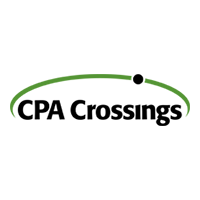
Session 7 of Borenstein's Form 990 Foundational Series: 'C the BAD DoG' is a handy phrase to remind preparers of the Form 990's five most frequen...
6/27/2022 1:00pm - 3:30pm | Online | CPA Crossings
$89.00
CPE Categories: Taxation (2.5 CPE)
Session 7 of Borenstein's Form 990 Foundational Series: 'C the BAD DoG' is a handy phrase to remind preparers of the Form 990's five most frequently applied substantive Schedules (A, B, C, D, G) along with the ALWAYS-required Schedule O. This webinar addresses the first three of these substantive Schedules – A (required of all 501(c)(3) organizations); B (required for many (c)(3)s AND some non-(c)(3)s); and C (reporting on spheres of public policy intersection). The author/instructor's approach to all three is designed to: (1) demystify the Schedule A overall (and explain the nature of the two public support tests); (2) address common misconceptions concerning the Schedule B's reporting of donors; and (3) highlight the reach and underlying preparer needs behind Schedule C's three parts, including commonly missed Sched. C reporting obligations. This event may be a rebroadcast of a live event and the instructor will be available to answer your questions during the event.
Presented by Eve Rose Borenstein, LLC
Instructor: Eve R. Borenstein, J.D.
Public accounting tax and audit staff, and nonprofit organization's Treasurers, CFOs and other finance/compliance advisors
After attending this presentation you will be able to...
The major topics that will be covered in this class include:
None, although helpful to have some familiarity with the nonprofit sector.
© Copyright 2025 KSCPA | All Rights Reserved